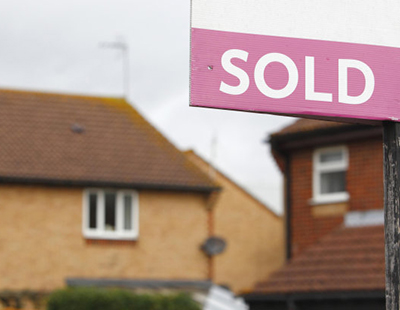
Barclays’ mortgage division says 30 per cent of purchasers do not offer below the asking price, often because they feel they have a lack of knowledge about the individual house or apartment, or about the local market.
In a study by Barclays Mortgages, just over half of existing owners vow to negotiate more on their next home; this is especially the case amongst existing owners aged 34 or below, whose responses suggest they suffered the highest levels of anxiety when buying first time around because of their inexperience.
Of the different ages canvassed, those buyers of 65 and over felt most comfortable and least stressed about the process of submitting lower offers.
The study comes as many industry figures anticipate tough negotiations on asking prices as the stamp duty cliff edge nears and buyers realise they may not get the SDLT savings they anticipated.
In addition to a fear of negotiating, other reasons for submitting offers of the asking price or above stated by the study’s respondents were a fear of losing the property, fatigue at the length of the house buying process and ‘just wanting it over’, and avoiding upsetting the seller or their agent.
“A considerable number of Britons lack the skills or confidence needed to negotiate successfully on the price of their home. We are more likely to negotiate on a used car than we are on a property, highlighting the unique emotional nature of one of the biggest purchases people make in their lifetime” explains Rob Smith, head of behavioural science at Barclays.
“Understandably the process can feel daunting, particularly if you fear losing out on your dream home, but a successful negotiation can result in extra money to bolster your family finances or invest back into your home.”
While he acknowledges that bargaining is not for everyone, he urges buyers to undertake extensive research on areas, houses and local markets.
He also suggests buyers finding out if there is significant competition for the property, being realistic about their financial limits, and considering whether it’s better for them to negotiate remotely – by telephone or email – than face to face with an agent.
